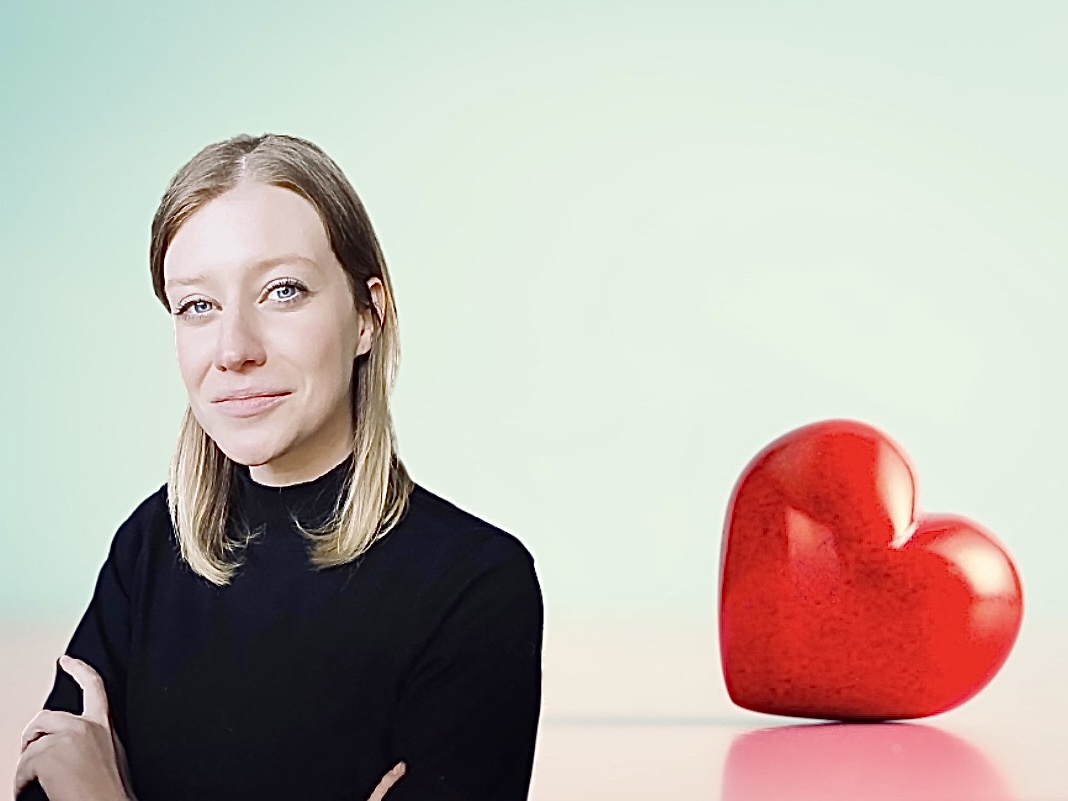Love: An undefinable phenomenon
We all seek love, be it platonic, familial, or romantic. But as Valentine’s Day approaches, we tend to focus solely on romantic love. While many philosophers have acknowledged our fundamental desire for love, understanding what constitutes love and why we seek it proves complicated.
Alexandra Gustafson, a current PhD student in U of T’s Department of Philosophy, explores the philosophy of love, ethics, aesthetics, and the philosophy of disability. As the co-founder and former co-chair of the department’s Mental Health & Disability Caucus, she is an avid advocate for mental health. But Gustafson has not always been interested in studying love from a philosophical perspective. She completed her undergraduate thesis on the philosophy of language, focusing on poetry, from the College of Wooster in 2016. During her master’s at Brandeis University, she fell in love with another philosopher. While Gustafson studied continental philosophy, her partner studied analytic philosophy. The distinction between analytic and continental philosophy is mostly geographical, with analytic philosophy having Anglo-American origins and continental philosophy having European origins. However, Gustafson notes that analytic philosophy is more focused on language, content, and meaning analyses, whereas continental philosophy is more metaphorical. The two fields seem at odds with each other.
That philosophical tension mirrored their initial feelings toward each other. “We hated each other; we couldn’t agree on anything philosophically or otherwise. And then one day we realized we were in love, and it was just so surprising and so shocking that I had to stop what I was doing to figure out what had just happened to me,” she explains. From there, Gustafson shares that her interest in the philosophy of love bloomed: “I’ve experienced other loves since then, but my interest in the philosophy of love has remained because it’s a total shock and surprise every time I find myself in love.”
She explains that love isn’t something we can look for. It’s not something we can break down and check off of our to-do lists. That said, the fact that romantic love can be so hard to find creates frustration. The absence of romantic love can make us feel disvalued. “You know, it’s just the case that whatever that mysterious ‘x’ factor is like, it hasn’t occurred yet. That can be disheartening because it feels like it’s out of our control whether anyone ever comes to love us or not,” she elaborates.
However, Gustafson stresses that we should not rely solely on romantic love for fulfilment—love comes in other forms. We tend to believe that romantic love is the only cure for our loneliness—but it isn’t. Gustafson explains that the sentiment behind the belief is that to not die alone, one must find their true love to spend their life with. However, she argues that this vision reliant solely on a romantic partner is unrealistic. In 2022, over 2.7 million Canadians obtained a divorce. Further, only one in over 100,000 individuals find their “soulmates”—the odds aren’t in our favour. Instead, Gustafson stresses the importance of embracing platonic, familial, and self-love. “We are loving, not just romantically, but also platonically. We have people who are choosing to spend their lives with their best friends. We’ve got familial love. We have the love of ideas and objects, and all of these things can fill our lives with meaning and purpose. We need not find that one romantic partner,” explains Gustafson.
She thinks that we tend to idealize romantic love because it seems miraculous. When it comes to familial love, that love is seen as a default setting. We come to love our friends partly due to proximity. Romantic love, on the other hand, happens surprisingly. “Romantic love doesn’t need to exist, doesn’t need to develop. And so being loved by someone in this special way, I think feels different. It’s validating in a kind of way that maybe these other loves aren’t,” explains Gustafson.
Our experiences of love, however, vary. No two individuals will feel love in the same way—our love languages differ. For example, Gustafson remarks that while in the past, sexual attraction was deemed an essential component of love, this isn’t true: many individuals are asexual. “I think love is experienced differently based on who you are and who you love,” she explains.
Love’s uniqueness might be what makes it more difficult to define. Philosophers have attempted to define it, but unsurprisingly, they don’t agree. She shares that some philosophers, like Hegel, Aristotle, and Solomon, have described love as a union. They argue that love is the coming together of two souls to create something new. “This is very much in line with the thought that finding a romantic partner somehow completes us or makes us more whole,” she adds. However, she believes that this generates unrealistic expectations for our loved ones. “We’re out there searching for our perfect other half and of course, in a world in which nothing perfect exists, that perfect other half can’t exist. So, I think we should be cautious about this narrative that finding someone completes us,” she stresses.
For Gustafson, contrary to what many philosophers believe, love is not rational—it’s not something we do for specific reasons. Many think that what distinguishes humans from other animals is our rationality. And so, philosophers have thought that the emotion of love also arises from reasoning. However, Gustafson believes that love is not something we deliberate about—it just happens to us. “I think that love involves a capacity beyond reasoning. [We] don’t quite understand how it works, but we’re able to do it. And I think this is the common feature that links all kinds of love, that it’s not rational, rather that it happens to us kind of mysteriously,” she shares.
As opposed to emotions, which arise from reason, Gustafson thinks of love differently. For example, we feel angry at people when they’ve done something we deem wrong. But we don’t necessarily have to feel love to know it’s there. Instead, Gustafson thinks of love as what she calls a disposition. “A disposition is just a tendency to behave a certain way under certain circumstances,” she explains.
Gustafson argues against the common notion that to love someone, you must first love yourself. Though we should not let others define our value, this notion fails to acknowledge that many have struggled to embrace self-love since growing up, and teaching a child to love themselves is difficult. Through loving others, we understand ourselves from a different perspective; we learn to love ourselves and compromise instead of sacrificing our well-being for someone else. “This balance is something that we can learn through loving, through being loved, learning to value ourselves and love ourselves, and to compromise rather than always just give,” explains Gustafson.
For those pessimistic about love, Gustafson says: “I think just the fact that we have this capacity [to love] is something to rejoice in. It’s one aspect of what makes us human and even if that’s something bittersweet, there is a sweetness to it.” For Gustafson, love is ever-present. “We can’t help but love, whether our family members, our friends, or some potential romantic partner. I think there’s something very human in us that recognizes the humanity in other people and marvels at it, and this is such a beautiful thing,” she concludes.


